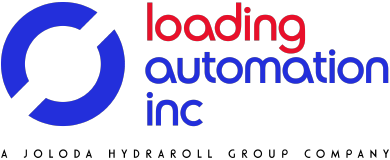Sustainability in logistics is all about making supply chain activities more sustainable, from the supply of raw materials through to the distribution of products and management of the product lifecycle. It’s becoming more and more important in logistics, especially as different factors in the production of goods are evolving from a linear model to a more circular one that minimises waste.
Businesses can benefit considerably from being more sustainable. They can build their reputation, become more environmentally responsible, create opportunities to form new partnerships, cut costs and make their supply chain more efficient, all by implementing more environmentally friendly practices and sustainable warehouse solutions. Below is a look at how warehouses can operate more sustainably and how warehousing automation plays a major role in this.
Book a FREE Loading Assessment
Learn how to make the loading process safer and more efficient with a no-obligation assessment...
BOOK NOW


